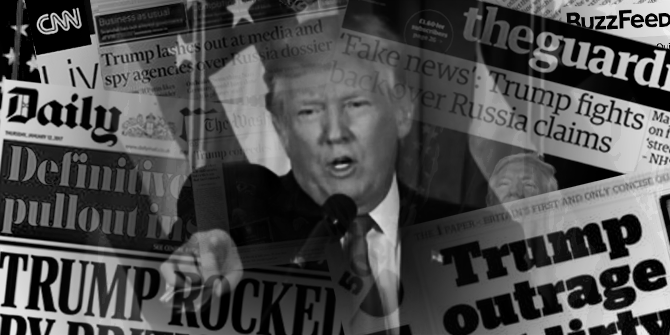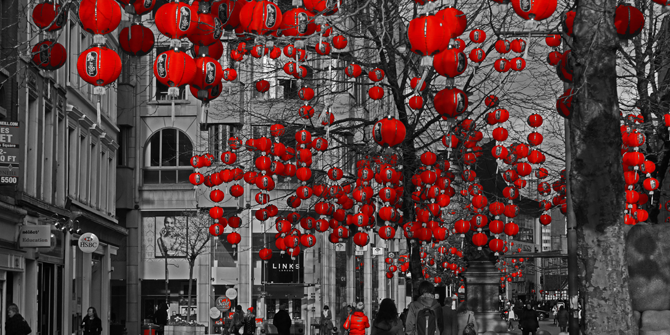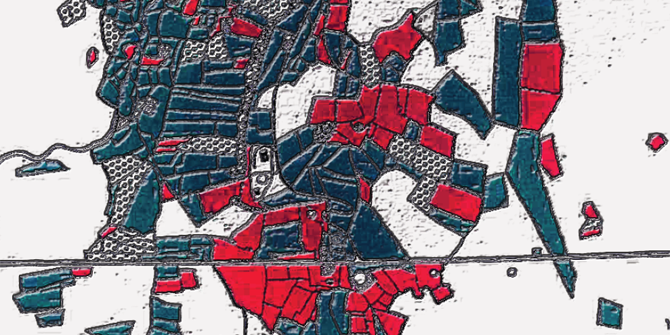MSc student Jack Graham gives his take on the recent ‘fake news’ controversy surrounding President-elect Donald Trump and the implications for the media.
Buzzfeed News’ release of the Trump dossier was bad journalism.
The 35-page document detailed all kinds of outrageous accusations about Trump and Russia, which even they admitted was “unverified and potentially unverifiable”. Despite their editor Ben Smith’s best efforts, it is indefensible, and they deserve to be criticised publicly.
In his first press conference as President-elect, though, Trump’s response went a whole lot further:
“As far as BuzzFeed, which is a failing pile of garbage, writing it, I think they’re going to suffer the consequences.”
Those last three words are an open threat. It’s a phrase one would expect to hear from an authoritarian dictator, not the supposed ‘Leader of the Free World’. Trump compared the intelligence agencies to Nazi Germany, but it is his own treatment of the press which draws comparison to such totalitarian rule.
Of course, the White House has always attempted to control media outlets, but Trump’s intimidation reeks of outright repression. He is putting direct pressure on the media to restrain publishing damaging stories about him. That is entirely undemocratic.
Perhaps even more troubling was his embarrassing spat with CNN. The broadcaster, generally regarded as objective and honest, purely mentioned that intelligence officials had presented the allegations to Obama and Trump last week and that the source was believed to be credible. They provided no details, and their actions were completely justified.
Sean Spicer, Trump’s incoming Press Secretary, condemned CNN alongside Buzzfeed at the beginning of the presser for a “witch-hunt” against the President. Trump subsequently refused to take CNN’s question, saying “your organisation is terrible… you are fake news”. That did not sit well with a room full of journalists.
By calling CNN and many other members of the media “fake news”, the President-elect seems to have found his tool to reject news which isn’t to his liking. He seems to be taking a leaf out of the book of Putin and Assad, rejecting every media report which comes from the West which disagree with their interpretation of the facts. How can he then stand up to those people in the Middle East if he is undermining the same media outlets?
Meanwhile, The New York Times, once candidate Trump’s object of scorn, is now in his good books after clear-the-air talks and their rejection of elements of the dossier (which CNN also picked apart). Trump is playing media organisations against one another to make sure they say the right things about him. As President, he will have the power to restrict those who criticise him.
Buzzfeed’s misguided publication of the dossier shot the profession in the foot, giving Trump strong ammunition in repressing negative stories. The challenge is clear for newspapers, broadcasters and websites which work to uphold the truth and keep the government accountable to its people. If this episode reminds journalists of the importance of maintaining high standards in their investigations, that is a good thing.
However, Trump doesn’t really care if the news is fake or true. He will never rush to suppress fake news if it works in his favour; much of his campaign was bolstered by it. The danger is, therefore, that supportive far-right publications like Breitbart News – who Trump took a question from after rejecting CNN – will be favoured over the ‘mainstream’.
That’s when fake news will really take hold.
Sean Spicer must restrain his President’s bullying of the media in the press room if he is to uphold the democratic value of a free press. If the first press conference is anything to go by, though, I have my doubts. The age-old principle of freedom of speech could be under grave threat.
The US strives to fight authoritarians all over the world. In respect to the media, though, they may well have their own at home.

Jack Graham is an MSc Comparative Politics student in the LSE Department of Government. He also commentates on CapX, Sky News and talkRADIO on American politics and has his own blog: A Narrow Atlantic.
Follow Jack on Twitter – @jacktgraham
Note: this article gives the views of the author, and not the position of the LSE Department of Government, nor of the London School of Economics.






